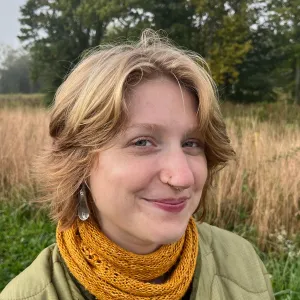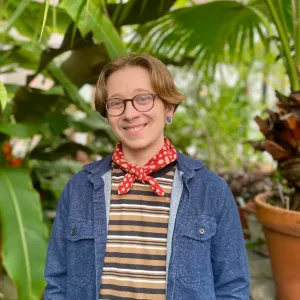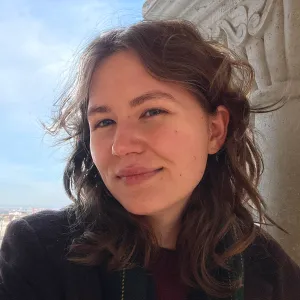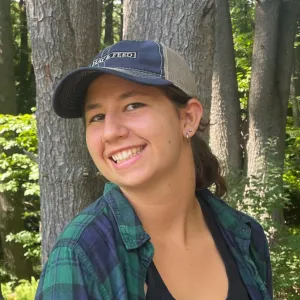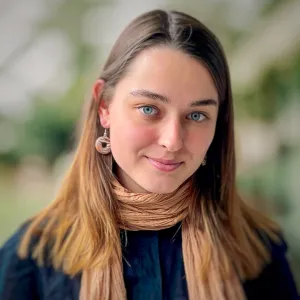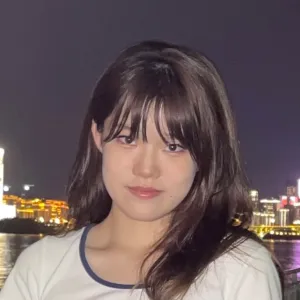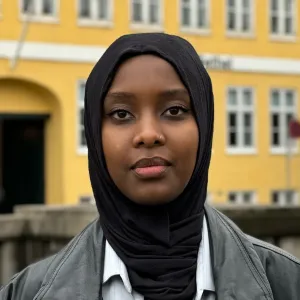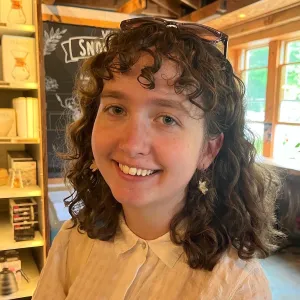Kahn Student Fellows 2024–25
Published April 22, 2024
The Kahn Liberal Arts Institute is delighted to announce our student fellows for 2024–25.
Fall 2024
Vegetal Forms: Knowing Place and Time Through Plants
Organized by Jimmy Grogan, Botanic Garden, and Colin Hoag, Anthropology, Vegetal Forms aims to unearth humanism’s botanical roots.
Spring 2025
Possible Futures: AI and Human Experience
Organized by Luca Capogna, Mathematics, and Susan Levin, Philosophy, Possible Futures will move the discourse around AI beyond the unhelpful polarization between human liberation and subversion.
